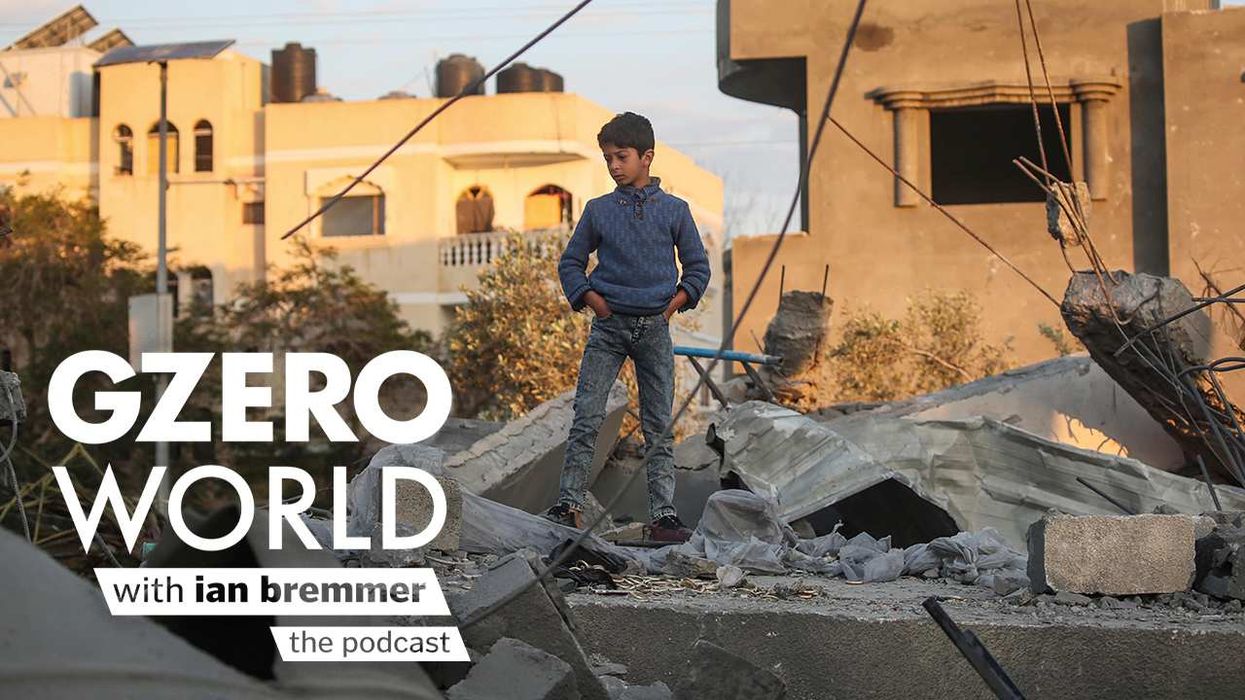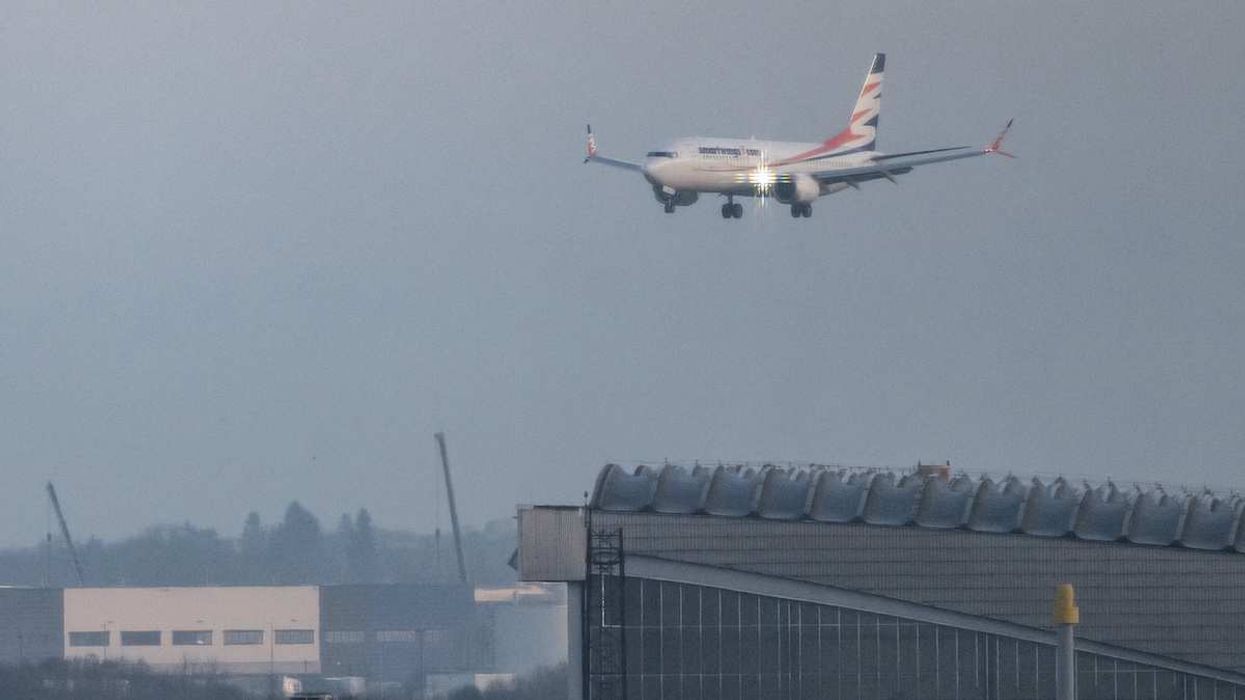AKK – Annegret Kramp-Karrenbauer ("AKK"), the leader of Germany's ruling Christian Democratic Union and Angela Merkel's choice to succeed her as Chancellor, has called for regulation of political opinions on the internet during election campaigns. Her proposal came in response to a German YouTube star's viral video that accused the governing party of failing to address climate change. Her idea has provoked intense criticism, in particular from free speech advocates. Not a good look just after her party took a hit in the European Parliament elections. We're watching to see how much damage she's inflicted on her political future.
Netanyahu on the Clock – Today is the deadline for Israeli Prime Minister Benjamin Netanyahu to form a coalition government following last month's elections. If he fails, Israel might face a repeat vote for the first time in its history. The stakes are especially high for Netanyahu, who faces indictment on corruption charges. If he can form a government, he can try to pass laws that would give him immunity from prosecution while in office. For the moment, the ultra-orthodox and ultra-nationalist parties that are Netanyahu's likeliest potential coalition partners are still holding out in hopes of winning policy concessions.
What We're Ignoring: Bad Maps in East Africa
Fatwas on the Greenback – There are many ways to manage a currency crisis. Religious scholars in Pakistan have declared a fatwa against the hoarding of dollars in order to stop people from buying the US currency as fears rise that Prime Minister Imran Khan's cash-strapped government will soon devalue the Pakistani rupee. We're skeptical a fatwa will be enough to solve this problem.
Ethiopia's New Maps – Ethiopia's foreign ministry has said it's sorry for any "confusion and misunderstanding" after publishing a map of Africa on its website that erased neighboring Somalia by incorporating its territory within Ethiopia's borders. It's a touchy subject, given wars between the two countries in the 1960s and 70s and Ethiopian intervention inside Somalia in more recent years. But those who see something sinister at work should consider that the map also shows the Republic of Congo and the Democratic Republic of Congo as a single country, and it doesn't show South Sudan at all. In other words, the Ethiopian foreign ministry may just have really bad mapmakers.

















